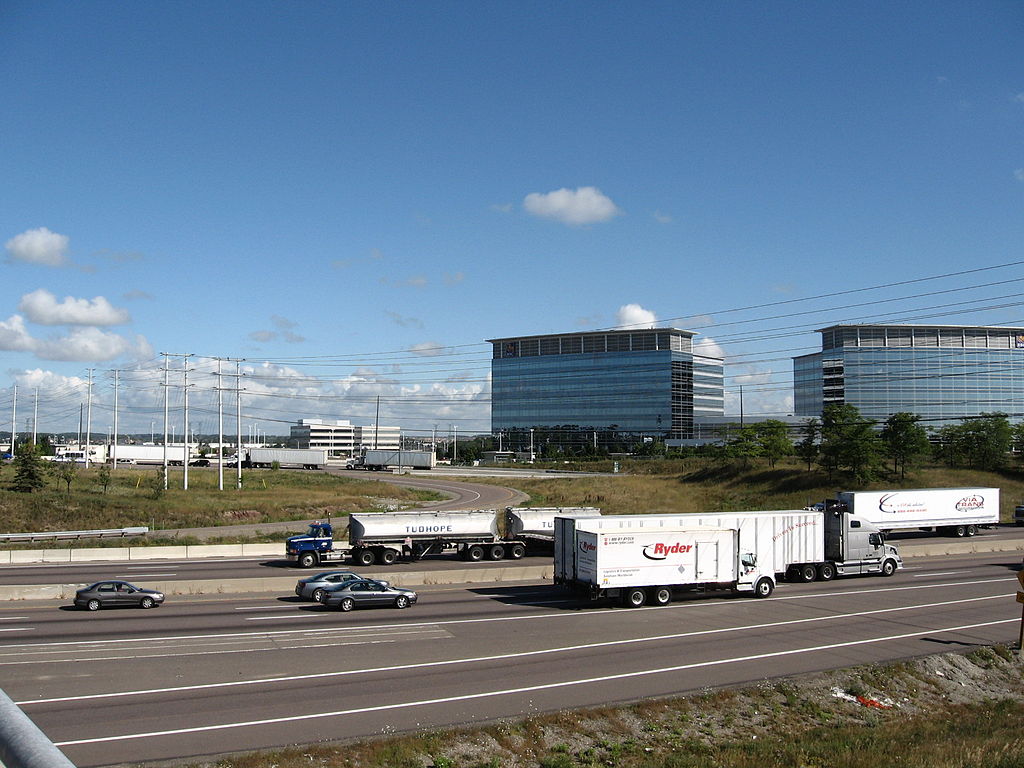The world economy is more close-knit than ever before, and companies in virtually all industries have access to global opportunities on a scale the world has never seen. Next-day delivery and even 24-hour delivery have come to be expected for both domestic and international shipping, and delivery of digital goods is expected to be instantaneous.
The Internet has undoubtedly played a huge role in facilitating international trade, but improved logistics and shipping technologies have also allowed for greater worldwide commerce. Unfortunately, despite these opportunities and advances, global trade is also fraught with complex regulations and systems that can make simple deals complicated. As a result, companies often find themselves in need of partners to help navigate these complex regulations while still maintaining efficient logistics services across the planet.
Navigating The Harmonized Tariff System
The Harmonized Tariff System (HTS) is a system that is used to classify goods in the event that they contain materials or are of a composition that is subject to tariff laws. A tariff is a tax placed on imports that is designed to reduce a competitive advantage held by countries that are able to manufacture goods at a lower price. If a good or the composition of a good is under a tariff, it will be assigned an HTS number. This allows the U.S. government to collect the proper tariff amount for such imports. If you are conducting international trade, your imported materials may be subject to a tariff, but your goods may also be subject to a tariff by other nations when imported by other countries.
Incoterms Are Required For Efficient Commerce
One of the more complex parts of working in international trade is the use of Incoterms. These were established in 1936 by the International Chamber of Commerce, and they include abbreviations of terms that international logistics companies use to communicate. Incoterms are updated on a regular basis, so global trade professionals will need to be updated on the latest Incoterms in order to conduct business globally.
U.S. Customs And Border Protection Involvement
Aside from the various laws and jargon that govern global trade, there are also rules that must be followed in order to get goods through physical ports. United States Customs and Border Protection (CBP) oversees virtually all imports into the U.S. and there are various laws that govern CBP actions and policies. For example, the Bioterrorism Act outlines what precautions must be put in place to protect the country from hazardous imports. Additionally, imports often need to be cleared through the Import Safety Commercial Targeting and Analysis Center (CTAC). This is a facility that is designed to protect against environmental crimes, illicit wildlife and unregulated alcohol and tobacco. In addition, the CTAC is in place to stop the exporting of goods and items that can be a health and safety hazard to others.
The International Air Transport Association (IATA) is another organization that regulates what types of items can be sent overseas or received from global trade partners. Items that could place air passengers or crew members of a cargo flight in jeopardy are strictly regulated. This can make it more challenging for manufacturers of goods that contain certain flammable or hazardous chemicals to send goods by air.
Working With A Third-Party Logistics Company
U.S. companies that conduct global trade often partner with third-party logistics companies to help navigate the complexities that come along with international trade. Although the global economy offers a greater number of opportunities than in the past, it’s vital to follow all import and export laws to avoid delays and disruptions. You will also need to consider the import and export laws of all countries with which you do business. This could further complicate international trade and may necessitate partnerships with third-party logistics companies based in the countries where you are conducting business.


